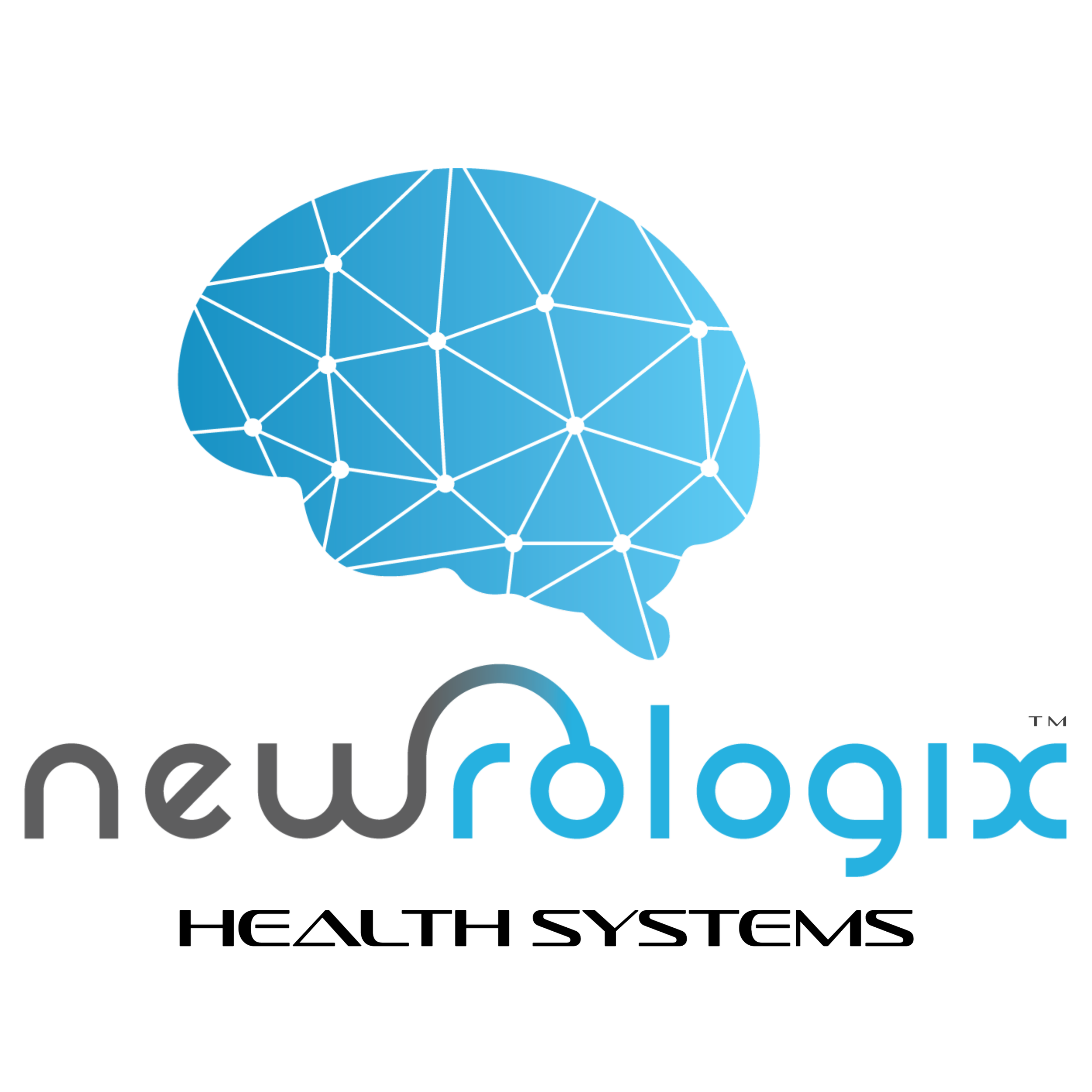Experience migraine relief and reclaim your life with Newrologix —book your consultation now, Central Florida!
Understanding Migraines and How Our Functional Approach Can Offer Relief
Migraines are not just ordinary headaches. They are intense, often debilitating episodes of pain that can be accompanied by symptoms such as nausea, vomiting, and extreme sensitivity to light and sound. Millions of people worldwide struggle with migraines, which can significantly impact quality of life. This post will explore migraines, the role of neurotransmitter imbalances, and how specific nutrients and minerals can help, along with detailing how our comprehensive program in Orlando provides effective relief.
What are Migraines?
A migraine is typically characterized by intense throbbing pain on one side of the head, although in about a third of attacks, both sides are affected. Episodes can last for hours to days, and the pain can be so severe that it interferes with daily activities. Beyond pain, migraines often come with symptoms like visual disturbances (aura), light sensitivity, and dizziness.
The Role of Neurotransmitters in Migraines
Neurotransmitters play a crucial role in the onset of migraines. Imbalances in key neurotransmitters like serotonin and dopamine can significantly affect the nervous system's stability:
Serotonin: Often referred to as a key hormone that stabilizes mood, feelings of well-being, and happiness, serotonin also impacts the entire body. It enables brain cells and other nervous system cells to communicate with each other. Low levels of serotonin are linked to the initiation of migraine attacks because they can cause blood vessels to constrict.
Dopamine: Fluctuations in dopamine levels can trigger migraines by influencing how the brain processes pain signals. An excess can lead to heightened sensitivity or a lower threshold for pain, which can precipitate migraine attacks.
Nutritional Support for Migraine Relief
Certain nutrients and minerals have been shown to play vital roles in managing and preventing migraines Research supports the use of certain nutrients and minerals in the management of migraines, notably magnesium, riboflavin (vitamin B2), and coenzyme Q10. These substances have been shown to potentially help reduce the frequency and severity of migraine attacks.
Magnesium is particularly noted for its role in preventing the cortical spreading depression associated with migraine attacks. It helps regulate neurotransmitter production, which can stabilize the changes in the brain that precipitate migraines. Some people might experience side effects like an upset stomach or diarrhea when taking magnesium supplements【THE MIGRAINE TRUST】.
Riboflavin (Vitamin B2) plays a crucial role in energy production within cells and has been recognized for its potential in preventing migraines. It is involved in mitochondrial energy metabolism, which is essential for brain cell function. Clinical guidelines suggest that riboflavin is well tolerated and could be effective in reducing migraine frequency and severity when used in appropriate doses【THE MIGRAINE TRUST】.
Coenzyme Q10 also supports cellular energy metabolism and has shown promise as a preventive treatment for migraines. The effectiveness of Coenzyme Q10 is attributed to its role in energy production within cells, which is crucial for maintaining stable cellular function in the brain【THE MIGRAINE TRUST】.
Omega-3 fatty acids, commonly found in fish like salmon and certain seeds and nuts, have been noted for their anti-inflammatory properties. Studies have shown there is some evidence to suggest that omega-3 fatty acids can help reduce the frequency and intensity of migraines by modulating inflammatory processes. 【MIGRANE BUDDY】
These findings suggest that incorporating these nutrients either through diet or supplements might help manage migraine symptoms effectively. However, it is important for individuals to consult with healthcare providers before starting any new supplement regimen to ensure it is safe and appropriate for their specific health needs.
Neurofeedback Training for Migraine Management
Neurofeedback training is used as a non-invasive method to train the brain to better manage pain and stress responses, which are often triggers for migraine episodes. By monitoring brain activity in real-time, neurofeedback helps patients modulate their own brain waves towards a more relaxed and stable state. This process can be particularly beneficial in reducing the frequency and severity of migraine attacks, helping patients gain greater control over their symptoms.
Our Comprehensive Migraine Management Program
We use a functional approach to diagnose and treat migraines. Our program in Orlando includes:
Personalized Assessments: Through advanced brainmapping and metabolic testing, we identify the unique factors contributing to your migraines.
Targeted Nutritional Therapy: Based on your individual needs, we develop a tailored nutritional plan that includes the necessary vitamins and minerals to help manage your migraine symptoms.
Neurofeedback Training: This cutting-edge treatment is tailored to each patient's brain patterns, helping them develop strategies to manage stress and pain responses effectively.
Migraines are complex and can be challenging to manage, but with the right approach, relief is possible. Our program addresses the root causes of migraines through a combination of cutting-edge neuroscience and personalized nutritional interventions. If you are looking for a way to reduce or manage your migraine symptoms more effectively, contact us to learn how our specialized approach in Orlando, FL can help you lead a healthier, more comfortable life.


